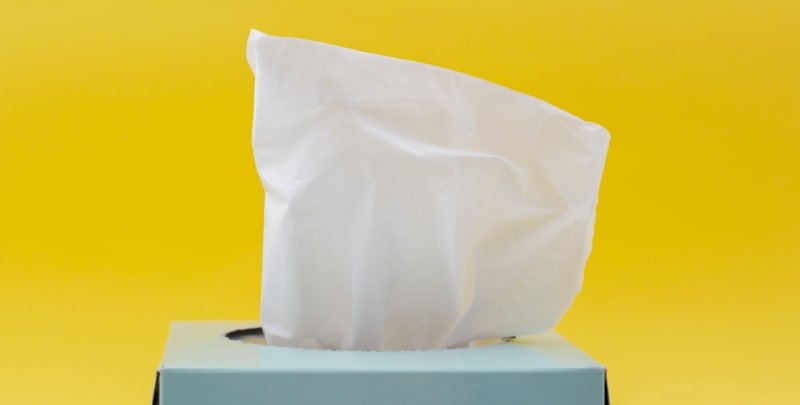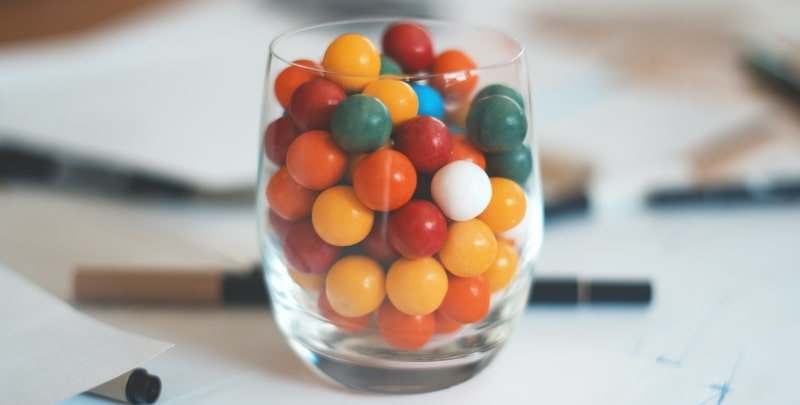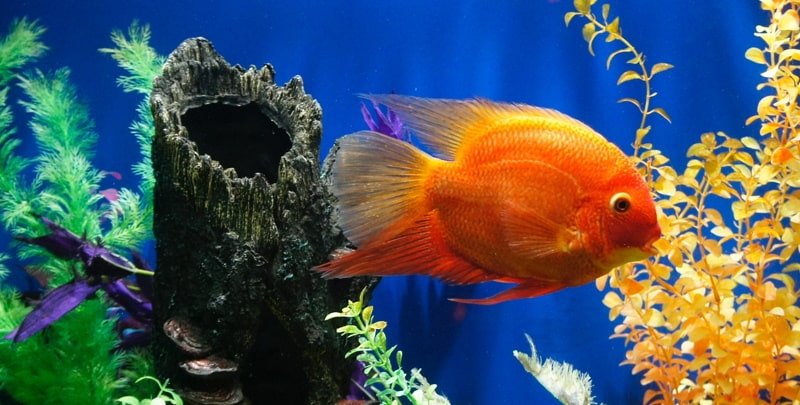The toilet, latrine, porcelain throne. Whatever you call it, this trusty amenity forms the backbone of everyone’s daily routine.
So, the last thing you need is a blocked loo all because a family member carelessly flushed household items.
Sydney Water claims that wet wipes cause 75% of all blockages, so don’t flush those. Flush anything other than the recommended waste, and you risk a blocked drain and contributing to the horrendous atrocities known as fatbergs.
What are Fatbergs?
Fatbergs are large masses of solid waste that build in drains and sewers. They consist of congealed fats, coffee grounds, food scraps, oils and personal hygiene products. Together, these materials can form solid, rock-hard substances that disrupt the waterways.
One of the best things you can do to save yourself and the government the cost of significant plumbing work is to avoid flushing these 15 things down the toilet.
What Things You Can’t Flush Down The Toilet?
1. Tissues
Even though tissues look just like toilet paper and tear as easily, they’re still unsuitable for flushing down the toilet. Tissues are designed to retain their strength and so take longer to break down. Kleenex even admits that facial tissues are not to be flushed. Place tissues in the bin, not down the drain.
2. Tampons and Pads
Can you flush tampons? Absolutely not! Think about how these hygiene products work. Pads and tampons are designed to absorb moisture, and they expand. Flush these down the toilet, and you’re almost guaranteed to create a barrier within your plumbing. One that backs up the toilet and requires a plumber to perform blocked drain repairs.
3. Chewing Gum
It’s an urban myth that chewing gum takes seven years to digest. This is simply untrue. However, chewing gum in your plumbing is an entirely different matter. Chewing gum doesn’t break down like toilet paper. It’s a solid, sticky material that can sit in your pipes for years until it catches with enough other debris to form a blocked drain. Place unwanted gum in a waste bin, not the toilet.
4. Condoms
Condoms are made from both natural and synthetic materials, including plastics. Use common sense here, and never flush plastics. They block the drain and have the potential to end up in the waterways, harming marine life. While disposing of a used condom may be an undesirable prospect, consider swimming in the ocean and coming in contact with someone else’s – no thanks!
5. Flushable Wipes (Wet Wipes)
Despite popular belief, there’s no such thing as flushable wipes. It’s reported that 67 per cent of people believe flushable wipes break down like toilet paper. However, wipes are made from polyester and polypropylene – a common plastic. Plastics are not biodegradable and can take 100-plus years to break down. There have even been ACCC led lawsuits over the misleading nature of ‘flushable wipes.’ It doesn’t matter what they’re called. Wipes are not designed to be flushed.
6. Human Hair
Human hair takes around two years to break down. That’s plenty of time for it to block a drain. Longer hair can tangle, forming a larger than an expected blockage or contributing to fatbergs. Short hair can clump together and have the same effect. Hair belongs in the waste bin, not the toilet, shower or down the bathroom sink.
7. Goldfish
It might feel appropriate to give Goldie a water burial, considering the aquatic nature of a fish. But please don’t! That’s a potential blockage that will only hurt your cherished memories of the pet. Instead, seal a deceased fish in a bag or container and place them in the waste bin, or hold a backyard ceremony and bury it. Living goldfish could survive flushing and go on to disrupt the natural ecosystem. Find a new owner for an unwanted fish.
8. Paper Towels
The deceptively disposable paper towel carries the look and feel of toilet paper. However, it’s designed to be strong and absorbent. Paper towels will break down, but not immediately. So there’s plenty of time for it to clump and form unwanted blockages or contribute to fatbergs.
9. Cat Litter
The absorbent nature of cat litter means it’s never suitable for flushing. Once the litter absorbs liquid, it clumps and forms larger solid matter that can undo your plumbing. It doesn’t matter whether you rely on recycled cardboard pellets, crystals or the sandy type. They can all block a drain.
And that’s not the worst of it. Cat feces can carry the parasite Toxoplasma gondii. This parasite can be harmful to pregnant women and those with immune disorders. There’s potential for flushed cat feces and litter to transport this parasite to the waterways. It’s not very likely, but always better to be safe than sorry.
10. Dental Floss
The stringy, spindly nature of dental floss makes it unsuitable for flushing. A string of floss can tangle around waste, and it’s made from synthetic fibres, including nylon. Floss won’t break down. Instead, blocking your plumbing or polluting waterways.
11. Band Aids
Band aids, bandages and plasters are made from woven plastics. We’ve already discussed that plastics take a century or more to break down. They can also be bulky, so expect these medical supplies to have zero healing benefits for the toilet or the environment. You should expect the opposite.
12. Fingernails
Did you know fingernails take around 40 years to decompose? You could have grown to become an adult, given birth to your child and watched them grow to adulthood before fingernails break down. Imagine a growing collection of fingernail clipping sitting in your toilet’s S trap or floating in the waterways. No thanks! Place nails in the waste bin or compost.
13. Cigarettes
Cigarettes must be disposed of in a suitable waste bin. Flushing them makes a sliver of sense as water extinguishes the flame. Although cigarette butts are made from plastic, and we all know plastics are undesirable. The paper may break down, but the butts are here to stay.
14. Insects
It’s out of sight, out of mind with a squashed cockroach. But that doesn’t mean you should flush one down the toilet. It’s hard to judge the time required for an insect to break down. What we do know is the timeframe is much longer than what’s required for toilet paper. So don’t risk an unsightly blockage. Place these critters outside for the ants.
15. Cotton Tips & Balls
These soft supplies appear as though they would get soggy and break down into a highly flushable substance. Incorrect! Cotton does get soggy, but it degrades slowly. So there’s plenty of time for it to clog the bends of your pipes or wind up in fatbergs. It’s straight to the bin for these concerning cotton supplies.
Now you should be well informed and hopefully feeling responsible enough to keep the toilet reserved for the “three Ps” — pee, poo, and (toilet) paper. This will help reduce fatbergs and keep blockages to a minimum.
If you’re already experiencing a stubborn blockage, it’s time to book a plumber online. We can get a local professional to your home 24 hours a day.
Please note: This information is provided for advice purposes only. Regulations differ from state to state, so please consult your local authorities or an industry professional before proceeding with any work.








